PSRT: The leading private sector coalition advancing global health security.
Member companies mobilize and share their valuable expertise, capabilities, innovation, and resources to safeguard against emerging health threats affecting businesses, workers, and communities worldwide.
The PSRT represents the private sector in all health security matters.
The PSRT ensures that the voice of the business community is integral to global health security planning and response – informing policies that strengthen economies, protect workers, and secure supply chains.
Our members lead in data-driven insights, medical countermeasures, logistics, and more, advancing solutions that improve pandemic response, surveillance, and health system resilience.
The PSRT works with governments, global organizations, and civil society to build capacity in deploying effective and efficient prevention, preparedness, and response efforts.
As a Steering Committee Member of the Global Health Security Agenda (GHSA), a key partner to governments and organizations, and a vocal advocate in other forums, the PSRT promotes policies that enhance preparedness across borders.
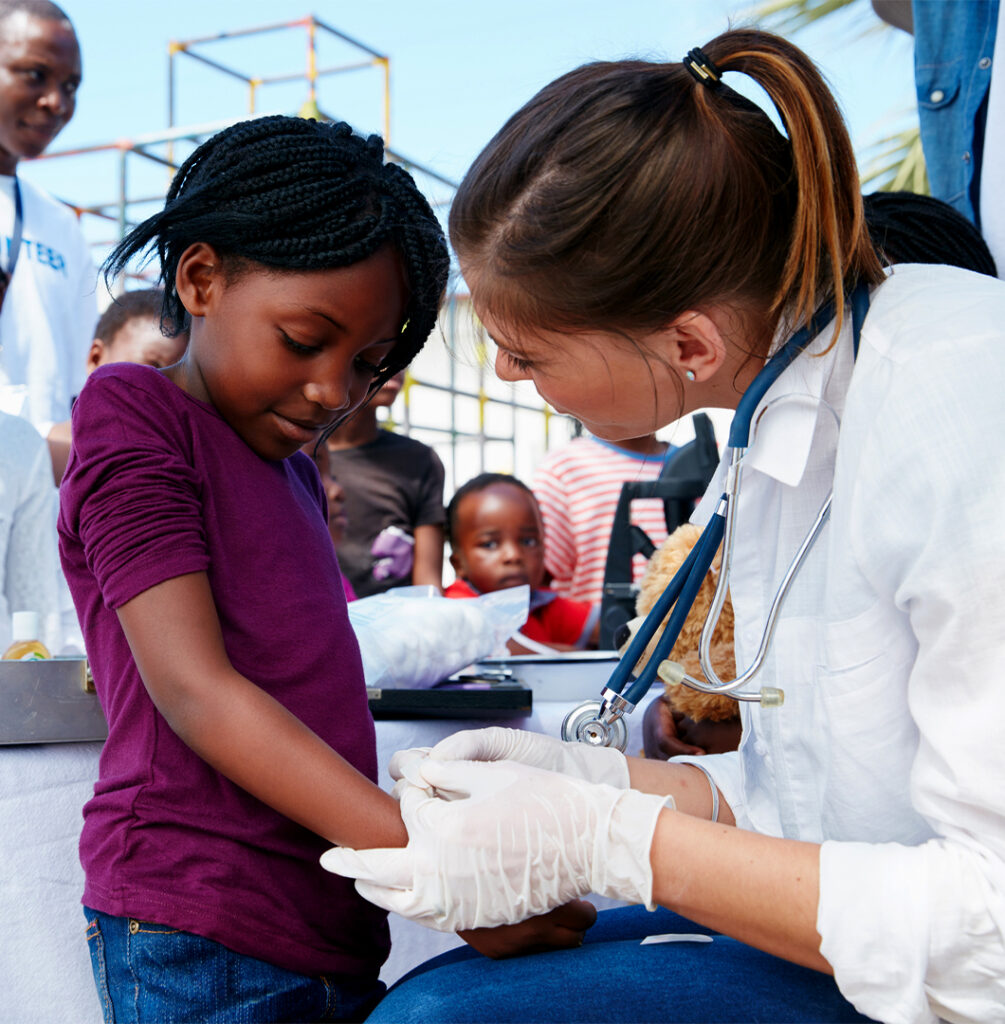
Insights

How to Get it Right on Local Manufacturing in Africa
Critical steps needed to ensure that local manufacturing initiatives in Africa are successful and sustainable
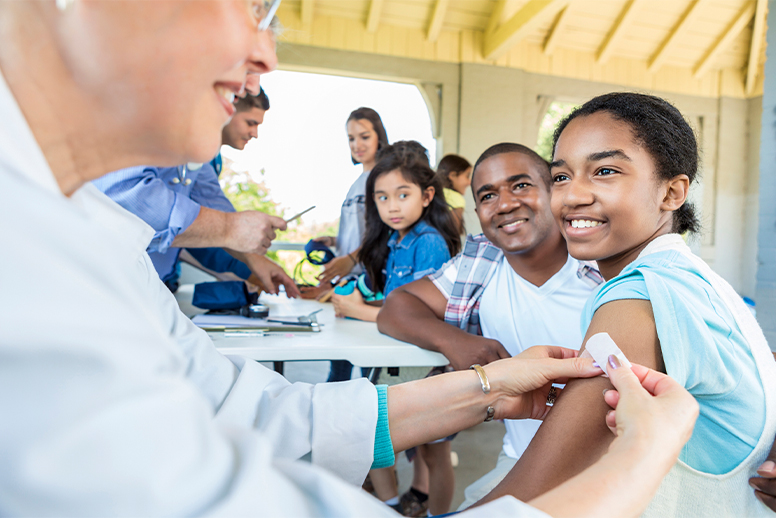
The Private Sector as a Key Partner in Health System Strengthening
Leveraging business capabilities to improve health and resiliency in low- and middle-income countries
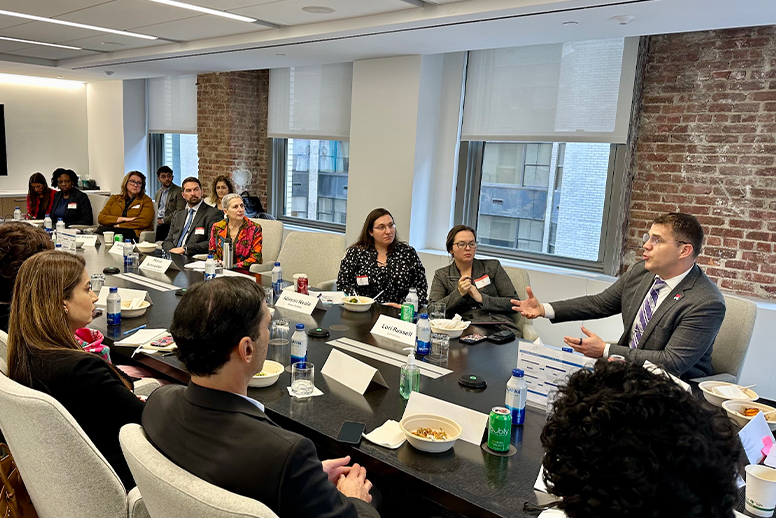
A Discussion with CDC
Strengthening the Global Response to Antimicrobial Resistance (AMR)
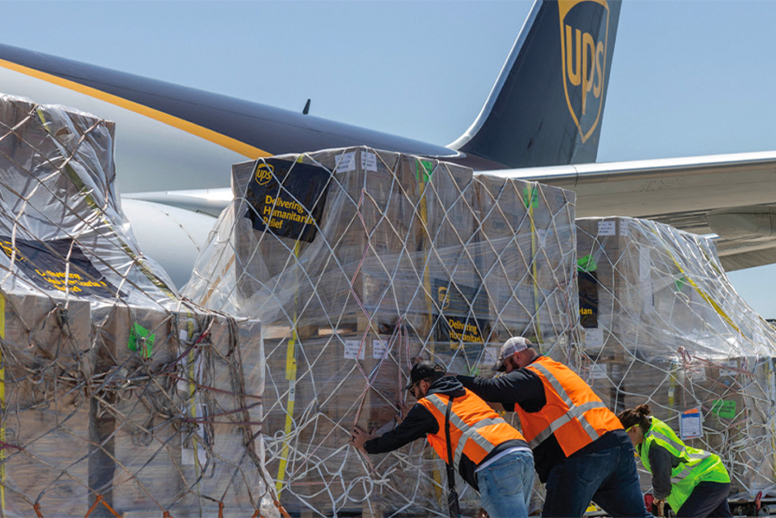
Global Health Security is Everyone’s Business
Building productive partnerships to prepare for future health emergencies
Global health emergencies have widespread consequences
Health threats continue to disrupt economies, supply chains, and communities worldwide. Recent global health crises have led to:
The rising burden of infectious diseases, with outbreaks of diseases like Ebola, avian influenza, mpox, cholera, and antimicrobial-resistant infections posing serious threats to global health systems.
Millions of lives lost due to infectious diseases, antimicrobial resistance, and emerging outbreaks.
During the COVID-19 pandemic, 90% of countries reported challenges in delivering essential health services due to workforce shortages, supply chain vulnerabilities, and resource gaps.
Frequent disease outbreaks continue to threaten global stability due to weak surveillance and cross-border health threats.
Billions in economic losses, with pandemics, drug-resistant infections, and health system failures projected to cost the global economy trillions in the coming decades.
Spotlighting partnerships and innovations
The PSRT brings together leading organizations advancing global health security through strategic partnerships, innovative technologies, and scalable solutions. Our members are at the forefront of strengthening health systems, improving emergency preparedness, and expanding access to life-saving treatments.
From deploying critical supply chain infrastructure to pioneering digital health tools and genomics advancements, our members’ efforts demonstrate the private sector’s essential role in ensuring access to equitable health care solutions that protect economies and communities.
Explore how PSRT members are delivering measurable results:
UPS
Action: In 2023, deployed cold chain infrastructure to support the Africa Last Mile healthcare equity program, ensuring temperature-sensitive vaccines reach remote communities.
Impact: Delivered 175M+ vaccines, including lifesaving childhood vaccines, improving immunization coverage in underserved areas.

Emergent BioSolutions
Action: Partnered with Africa CDC and PANTHER to launch a study in Africa to evaluate an antiviral drug used to treat mpox in a randomized trial.
Impact: Advancing the development of Mpox treatments and vaccines to combat an ongoing global public health threat.
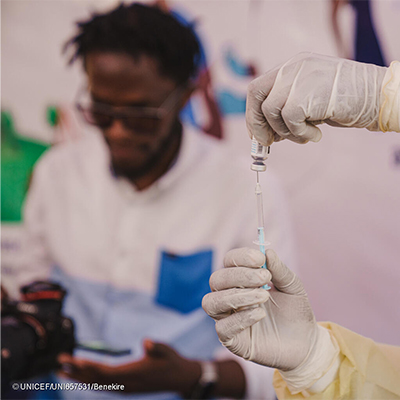
Henry Schein
Action: Collaborates with governments, multilateral organizations and humanitarian organizations to enhance emergency preparedness, drive innovation and operational efficiencies, and ensure timely distribution of essential healthcare supplies.
Impact: Strengthens supply chain resilience, donates critical products, and supports thousands of healthcare workers responding to emergencies.
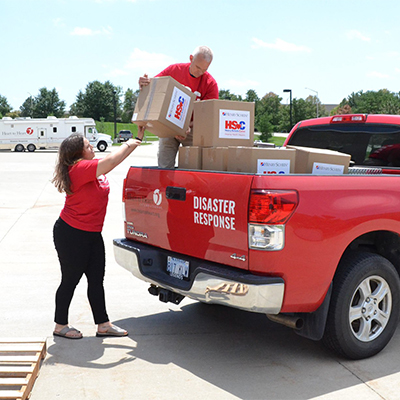
Novartis
Action: Partnered with Dimagi, the Sickle Cell Foundation of Ghana, and the American Society of Hematology to develop a digital tool for Sickle Cell Disease newborn screening, providing seamless data sharing among birth centers, newborn screening laboratories and regional newborn screening coordinating centers.
Impact: The tool, now used in seven countries, enables seamless data sharing and has supported screening for over 140,000 newborns, improving follow-up care.
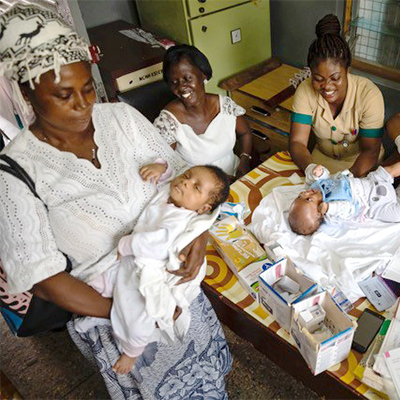
Illumina
Action: Global Health Access Initiative (GHAI) expands access to pathogen sequencing technologies to enhance disease surveillance, diagnostics, and outbreak response in low-resource settings.
Impact: This initiative focuses on expanding sequencing capabilities in LMICs, building local capacity, and strengthens global health security by improving monitoring of drug resistance and emerging threats.

Chevron
Action: Partnered with the Global Fund from 2008–2020, contributing over $60 million to programs fighting HIV, tuberculosis, and malaria.
Impact: Helped over 1M people access HIV treatment, distributed 1M+ malaria prevention nets, detected thousands of TB cases, and supported health education initiatives.
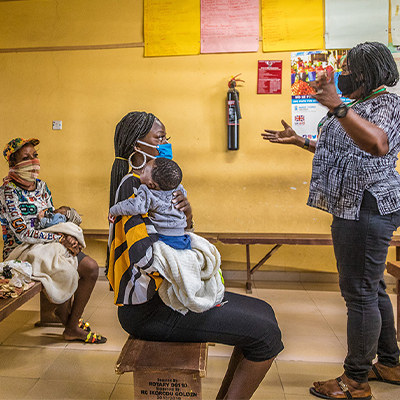
Becton, Dickinson and Company (BD)
Action: Collaborated with PEPFAR, CDC, and ministries of health through the "Labs for Life" initiative to improve laboratory systems in Africa and Asia.
Impact: Since 2007, trained lab personnel in seven countries with high rates of HIV, deployed 300+ global health fellows to strengthen these countries’ lab systems, and built local diagnostic capacity.
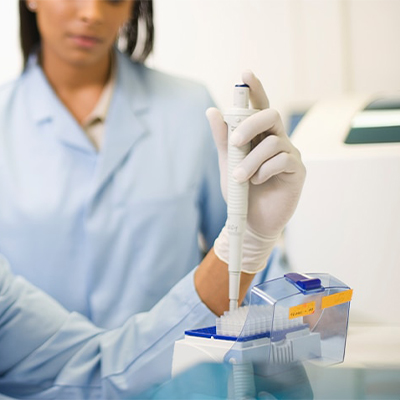
UPS
Action: In 2023, deployed cold chain infrastructure to support the Africa Last Mile healthcare equity program, ensuring temperature-sensitive vaccines reach remote communities.
Impact: Delivered 175M+ vaccines, including lifesaving childhood vaccines, improving immunization coverage in underserved areas.

Emergent BioSolutions
Action: Partnered with Africa CDC and PANTHER to launch a study in Africa to evaluate an antiviral drug used to treat mpox in a randomized trial.
Impact: Advancing the development of Mpox treatments and vaccines to combat an ongoing global public health threat.

Henry Schein
Action: Collaborates with governments, multilateral organizations and humanitarian organizations to enhance emergency preparedness, drive innovation and operational efficiencies, and ensure timely distribution of essential healthcare supplies.
Impact: Strengthens supply chain resilience, donates critical products, and supports thousands of healthcare workers responding to emergencies.

Novartis
Action: Partnered with Dimagi, the Sickle Cell Foundation of Ghana, and the American Society of Hematology to develop a digital tool for Sickle Cell Disease newborn screening, providing seamless data sharing among birth centers, newborn screening laboratories and regional newborn screening coordinating centers.
Impact: The tool, now used in seven countries, enables seamless data sharing and has supported screening for over 140,000 newborns, improving follow-up care.

Illumina
Action: Global Health Access Initiative (GHAI) expands access to pathogen sequencing technologies to enhance disease surveillance, diagnostics, and outbreak response in low-resource settings.
Impact: This initiative focuses on expanding sequencing capabilities in LMICs, building local capacity, and strengthens global health security by improving monitoring of drug resistance and emerging threats.

Chevron
Action: Partnered with the Global Fund from 2008–2020, contributing over $60 million to programs fighting HIV, tuberculosis, and malaria.
Impact: Helped over 1M people access HIV treatment, distributed 1M+ malaria prevention nets, detected thousands of TB cases, and supported health education initiatives.

Becton, Dickinson and Company (BD)
Action: Collaborated with PEPFAR, CDC, and ministries of health through the "Labs for Life" initiative to improve laboratory systems in Africa and Asia.
Impact: Since 2007, trained lab personnel in seven countries with high rates of HIV, deployed 300+ global health fellows to strengthen these countries’ lab systems, and built local diagnostic capacity.

UPS
Action: In 2023, deployed cold chain infrastructure to support the Africa Last Mile healthcare equity program, ensuring temperature-sensitive vaccines reach remote communities.
Impact: Delivered 175M+ vaccines, including lifesaving childhood vaccines, improving immunization coverage in underserved areas.

Emergent BioSolutions
Action: Partnered with Africa CDC and PANTHER to launch a study in Africa to evaluate an antiviral drug used to treat mpox in a randomized trial.
Impact: Advancing the development of Mpox treatments and vaccines to combat an ongoing global public health threat.

Henry Schein
Action: Collaborates with governments, multilateral organizations and humanitarian organizations to enhance emergency preparedness, drive innovation and operational efficiencies, and ensure timely distribution of essential healthcare supplies.
Impact: Strengthens supply chain resilience, donates critical products, and supports thousands of healthcare workers responding to emergencies.

Novartis
Action: Partnered with Dimagi, the Sickle Cell Foundation of Ghana, and the American Society of Hematology to develop a digital tool for Sickle Cell Disease newborn screening, providing seamless data sharing among birth centers, newborn screening laboratories and regional newborn screening coordinating centers.
Impact: The tool, now used in seven countries, enables seamless data sharing and has supported screening for over 140,000 newborns, improving follow-up care.

Illumina
Action: Global Health Access Initiative (GHAI) expands access to pathogen sequencing technologies to enhance disease surveillance, diagnostics, and outbreak response in low-resource settings.
Impact: This initiative focuses on expanding sequencing capabilities in LMICs, building local capacity, and strengthens global health security by improving monitoring of drug resistance and emerging threats.

Chevron
Action: Partnered with the Global Fund from 2008–2020, contributing over $60 million to programs fighting HIV, tuberculosis, and malaria.
Impact: Helped over 1M people access HIV treatment, distributed 1M+ malaria prevention nets, detected thousands of TB cases, and supported health education initiatives.

Becton, Dickinson and Company (BD)
Action: Collaborated with PEPFAR, CDC, and ministries of health through the "Labs for Life" initiative to improve laboratory systems in Africa and Asia.
Impact: Since 2007, trained lab personnel in seven countries with high rates of HIV, deployed 300+ global health fellows to strengthen these countries’ lab systems, and built local diagnostic capacity.

Our partners and networks
The PSRT regularly collaborates with leaders in the U.S. and around the world.
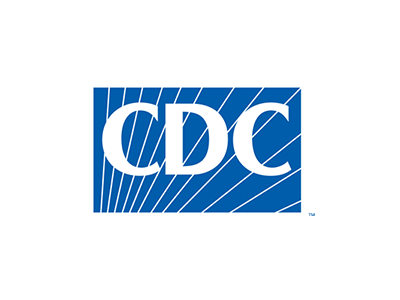
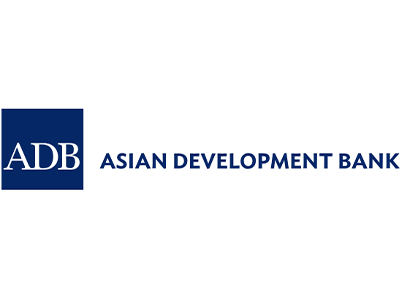
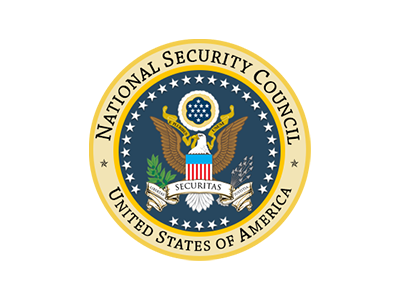

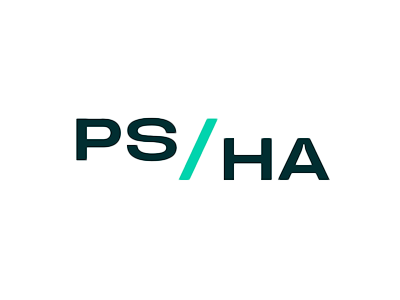
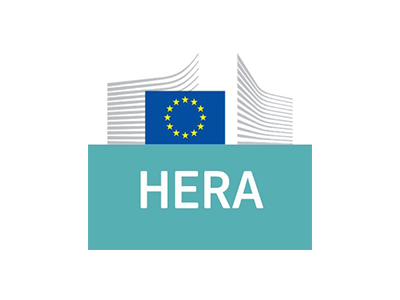
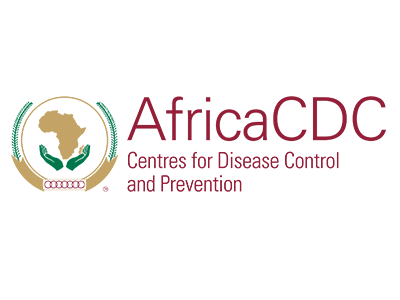
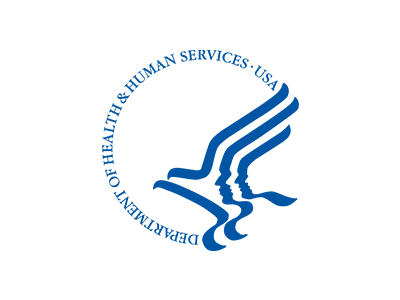
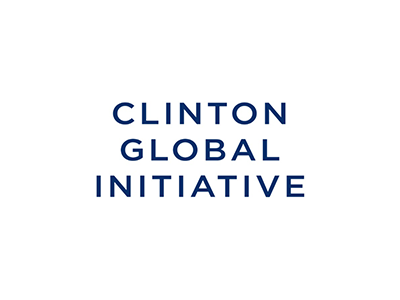
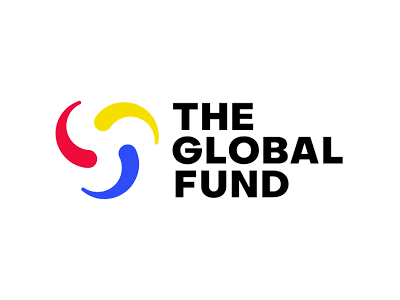

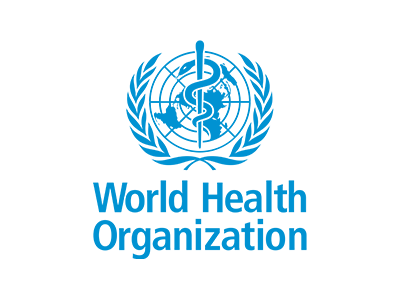
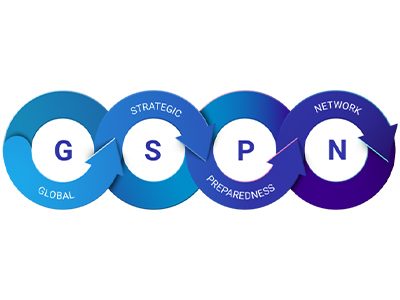
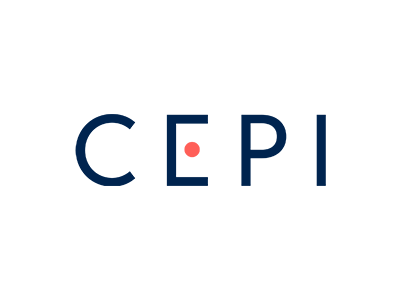
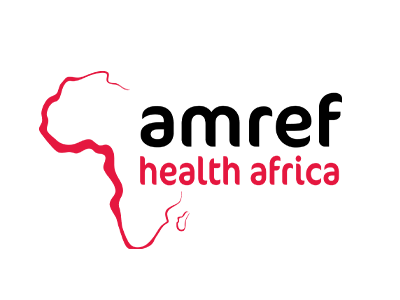
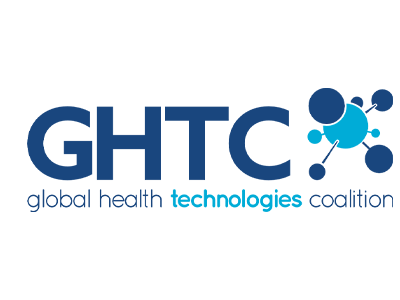
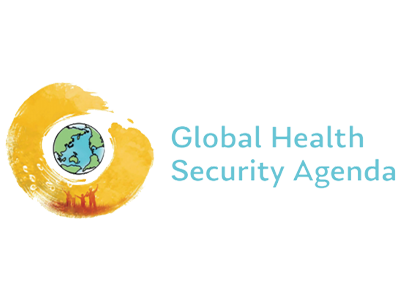
Ready to join?
The PSRT is the leading private sector coalition advocating to strengthen global health security. As a valued partner to government and civil society, we unite businesses across industries to secure the health and wellbeing of communities, protect economies, strengthen supply chains, and drive innovation in preparedness and response.
Join the PSRT and lead the future of global health security.
Members have the opportunity to:
Engage directly with global, regional, and national leaders from government, business, multilateral organizations, and civil society to inform policies that will strengthen pandemic preparedness, prevention, and response.
Elevate your organization’s role as a leader in influencing global health security and showcase your company’s vital contributions to building resilient health systems and shaping a safer, healthier world.
Leverage the PSRT platform to communicate in global forums the value of engaging the private sector to mitigate the impact of health emergencies.
Exchange knowledge and best practices from leading companies across sectors on shared challenges related to pandemic preparedness, supply chain resilience, and emergency response strategies.
Leverage your company’s expertise by joining on initiatives to strengthen health infrastructure, build local capacity for sustainable impact, and ensure business continuity.
